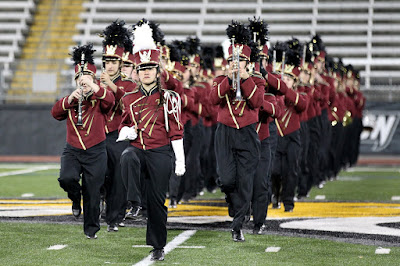Sports teach kids social behaviors. By allowing kids to interact with one another under the supervision of adults helps teach kids how they should interact with one another and appropriate social behaviors. Kids need that in order to be well adapted members of society. In addition, it teaches kids the value of hard work. While waking up at the crack of dawn and helping out the family is one way to learn the same thing, sports allow kids to learn it in a fun environment. This value could be ruined by the "trophies for everyone" movement.
In addition to learning how to live in our society, sports give kids the opportunity to stay in shape and out of trouble. Instead of sitting on the couch all day watching TV, they will be active. That isn't to say that there aren't other ways to keep kids active or out of trouble, but this is one way to ensure they do. Not to mention, when kids don't have things to do, they will create their own. Some do that in productive ways, others do not. Sports can help to ensure that kids don't have the time to get into trouble.
Sports also allow kids to feel like they are apart of something bigger than themselves, and that they have something to contribute to. Kids want to know that they are wanted, and being apart of a sports team gives them that opportunity.
Sports aren't for every kid, and if the child doesn't like the sport, then maybe they need to try another one, or maybe their time and energy should be put towards something else. Forcing a kid to play a sport they hate can be very harmful. The important thing, is that they are doing something they enjoy that will help them grow and develop.


